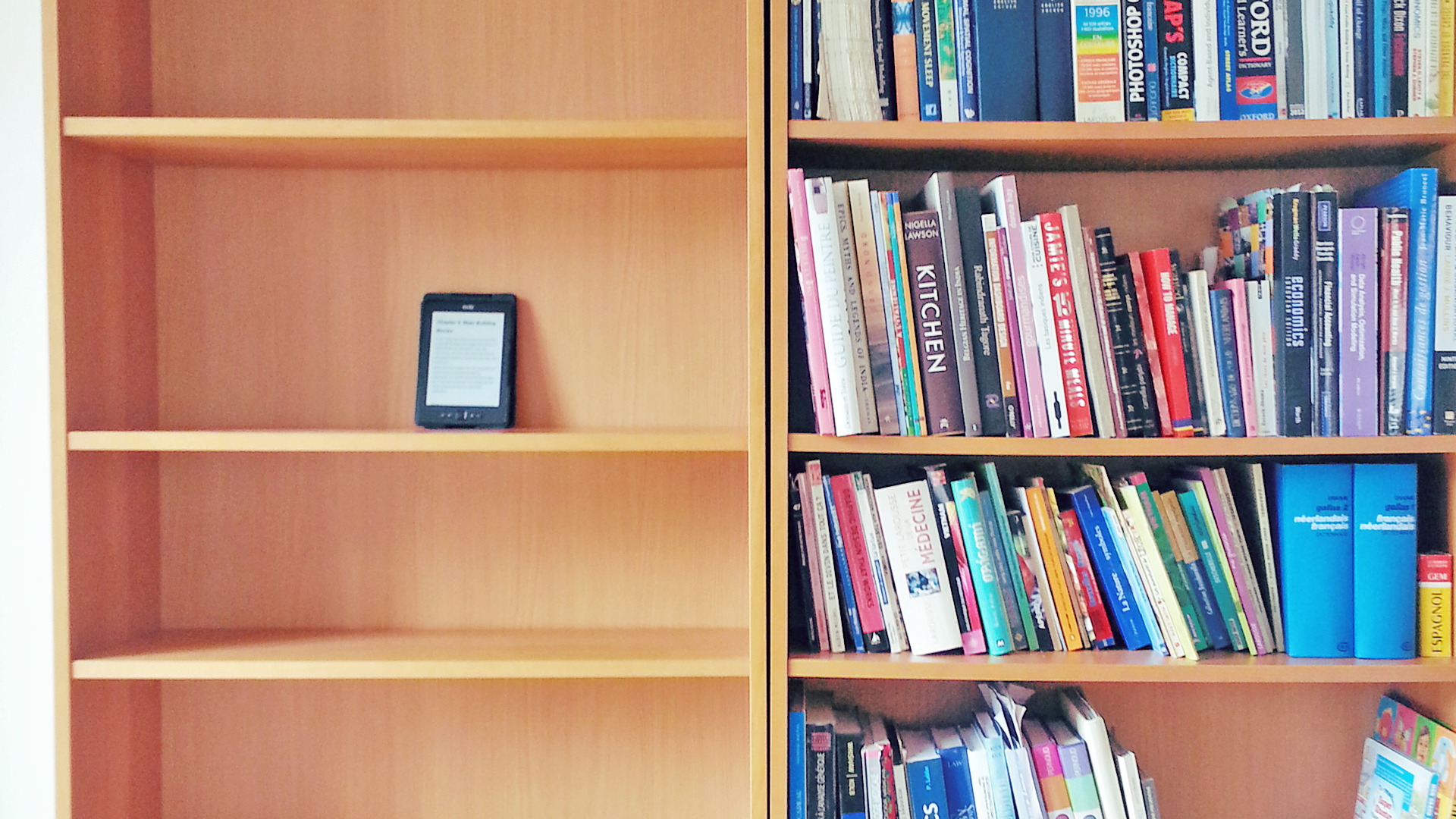E-books may be convenient and cheap, but they aren't displacing paper just yet, at least in the hearts and minds of college kids. That's what Naomi Baron, linguistics professor at American University, found out as part of the research she conducted for her new book, "Words Onscreen: The Fate of Reading in a Digital World."
She and her fellow researchers surveyed over 300 university students from Japan, Germany, Slovakia and the U.S., and found that 92 percent preferred to do serious reading in paper books — rejecting e-readers, laptops, phones and tablets.
"There really is a physical, tactile, kinesthetic component to reading," Baron said in an interview with New Republic. "In the Slovakian data, when I asked what do you like most about reading in hard copy, one out of ten talked about the smell of books."
For light reading, such as news articles or anything with a large visual component, a screen might be the better choice — and publishers are exploring that with high-tech, interactive titles. But when it's time to settle down with that new bestseller or power through a book for class, paper appears to be safe for the moment.
Baron's book, "Words Onscreen," explores the effect of technology on reading and learning habits worldwide.
Fuente: www.nbcnews.com
